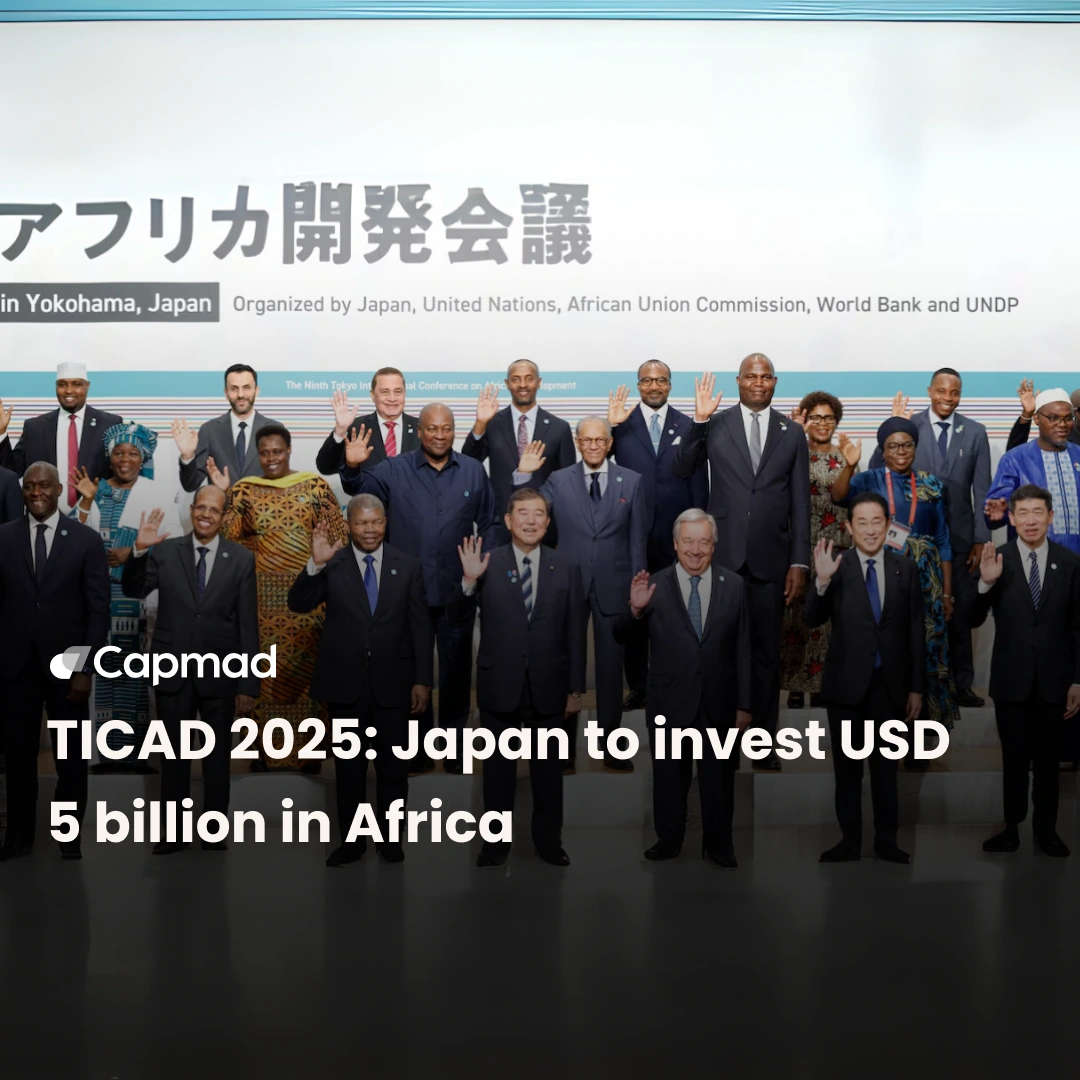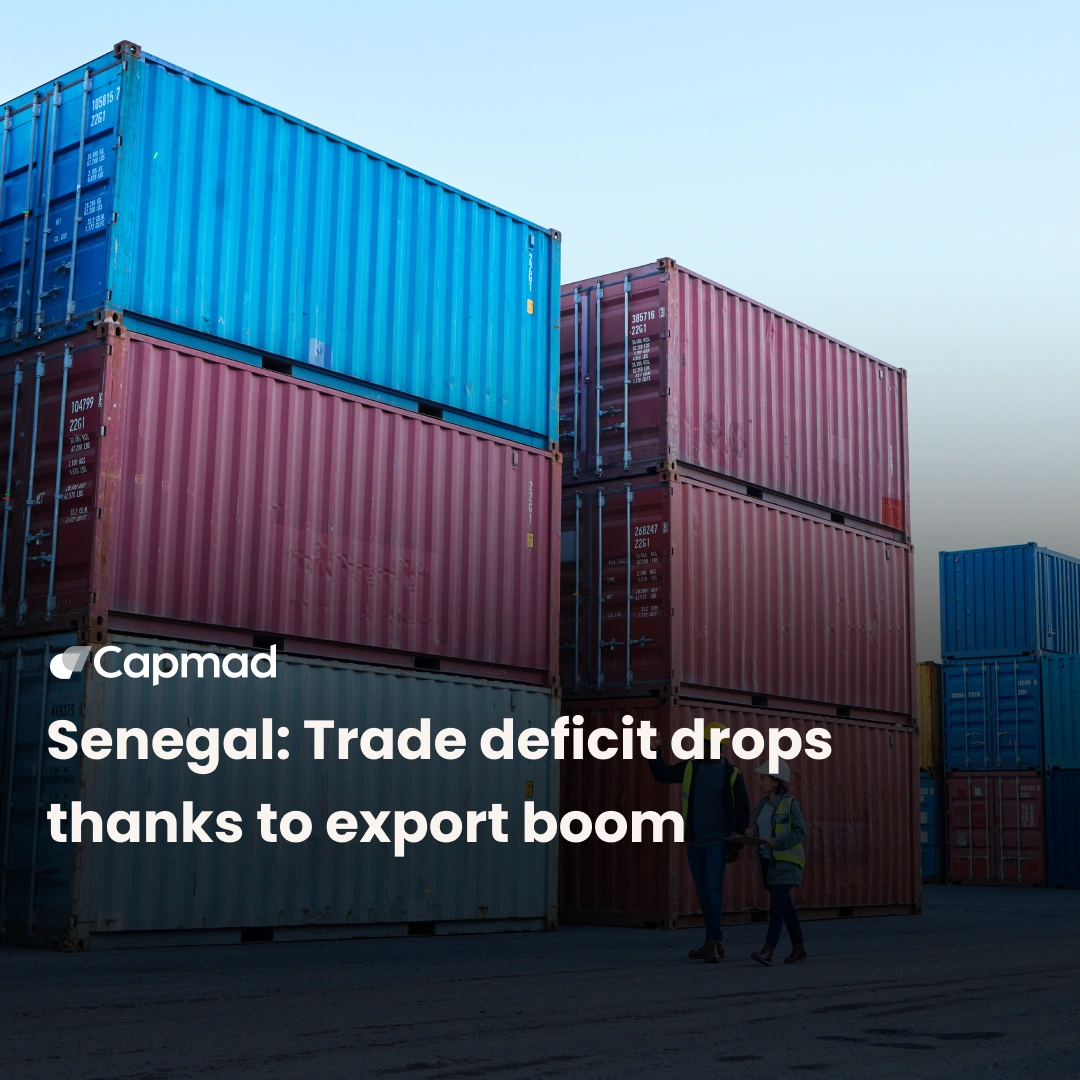The IMF forecasts Zimbabwe’s economic growth to slow to around 2 % this year, down from 5.3 % in 2023, due to a severe drought caused by El Niño. Declared a national disaster in April 2024, the El Niño drought has severely impacted agriculture and tourism in Zimbabwe.
Zimbabwe’s agriculture hit by El Niño
The International Monetary Fund (IMF) predicts that Zimbabwe’s economy will slow to around 2 % this year, down from 5.3 % in 2023, due to a severe drought caused by El Niño. This decline is negatively impacting agriculture, a crucial sector for the southern African country’s economy.
Declared a national disaster in April 2024, Zimbabwe’s El Niño drought has drastically depleted water sources. Lake Kariba, one of the country’s main water reservoirs, now holds only 13 % of its capacity. This dire situation is having increasingly severe consequences for the region’s populations and wildlife.
Impact of the El Niño crisis on Zimbabwe’s economy
Zimbabwe is grappling with a severe food crisis as traditional grain suppliers like Zambia and Malawi fail to meet its needs. Consequently, the country is now importing genetically modified corn from South Africa, driving up food prices and intensifying pressure on its vulnerable population.
Beyond agriculture, the drought’s impact extends to cross-border trade, tourism, and daily life. Women in rural areas must trek long distances to fetch water, often risking their safety amidst escalating conflicts.
Adding to these challenges, the IMF’s latest assessment highlights Zimbabwe’s escalating import bills, which further strain its balance of payments outlook for the year.
Zimbabwe’s economic growth : Optimistic forecasts for 2025
According to Wojciech Maliszewski of the IMF, growth in Zimbabwe is expected to rebound strongly to around 6 % in 2025. This recovery will be supported by a resurgence in agriculture and continued investment in the manufacturing sector. Maliszewski made this assessment after leading an IMF mission to Harare from June 18 to 27, 2024, as part of concluding the 2024 Article IV consultations.
The IMF attributes the anticipated economic recovery next year to the expected revitalization of agriculture alongside sustained investment initiatives in Zimbabwe’s manufacturing industry.
Zimbabwe’s monetary policy and currency stabilization
In response to earlier economic instability, the Reserve Bank of Zimbabwe introduced the Zimbabwe Gold (ZiG) currency in April 2024. According to the IMF, the ZiG has maintained a stable exchange rate, which has helped to mitigate the macroeconomic instability that saw the Zimbabwean dollar depreciate by approximately 260% in the first quarter of 2024.
In its latest report, the IMF acknowledges the improvement in monetary policy discipline and recommends further enhancements. It suggests that stabilizing the nominal exchange rate of the ZiG against the US dollar would be the most effective approach to controlling price inflation. This stabilization should ideally occur in a more robust market environment to provide accurate information for making decisions on monetary policy stance.
Fiscal policy and debt management in Zimbabwe
Closing Zimbabwe’s fiscal financing gap is crucial for achieving sustainable currency stabilization. The IMF has highlighted the strengthened coordination between the Reserve Bank of Zimbabwe (RBZ) and the Ministry of Finance, Economic Development, and Investment Promotion as a positive development.
According to the IMF, it is imperative to close this financing gap without undermining the country’s monetary policy stance. To address this challenge, the IMF is assisting Zimbabwean authorities in identifying and implementing appropriate measures.
Structural reforms and governance
Enhancing the governance framework of the new Mutapa Investment Fund is crucial for Zimbabwe’s stabilization efforts. The IMF emphasizes the importance of clearly defining the fund’s mandate and aligning it with the national development strategy.
Transparency must be enhanced, and the Fund should be fully integrated into the budgetary process, according to the IMF. It advises that the financial management of the Fund should adhere to the highest standards of corporate accountability as mandated by the Public Financial Management Act.








